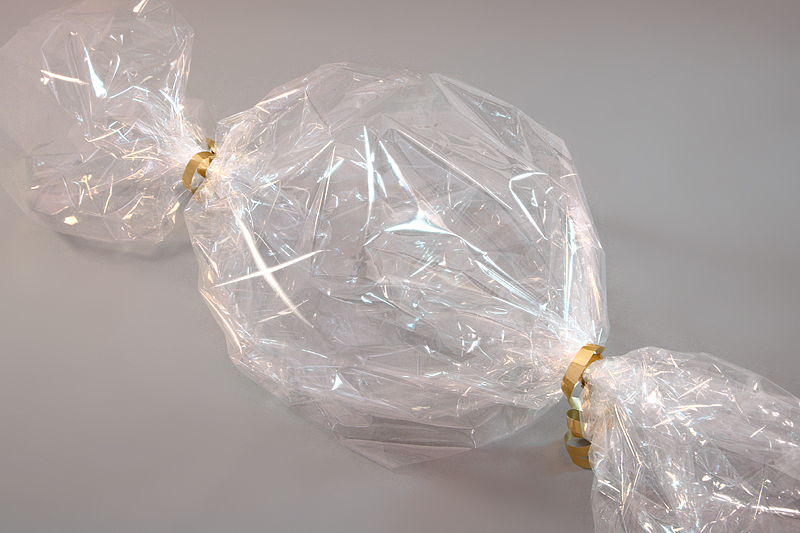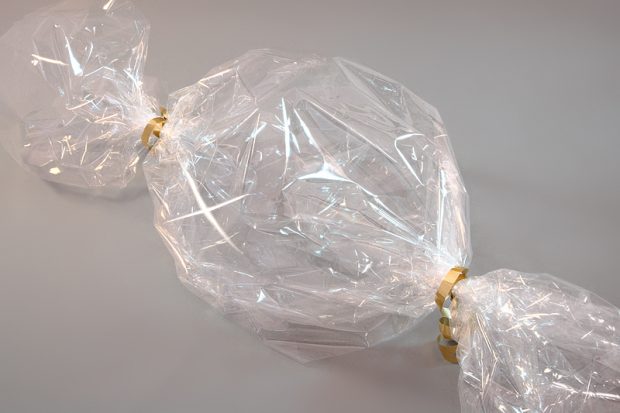
S. Korean lab develops inexpensive catalyst to make bioplastic
A South Korean chemical research laboratory said Wednesday that it developed a catalyst that can inexpensively make eco-friendly bioplastic products. The catalyst, based on commonly found chitosan biomass, has been shown in testing to effectively produce bioplastic or polyethylene furanoate (PEF), according to state-run Korea Research Institute of Chemical Technology (KRICT). “The 2.5-Furandicarboxylic acid can allow the finished plastic products to have the same level of barrier properties as commonplace petroleum-based polyethylene terephthalate, or PET, with products made through this method able to be used in a wide range of areas, like food wrapping, alcoholic beverage containers and carbonated soft drink bottles,” KRICT said.
The institute said that while existing catalysts used for PEF production have to depend on expensive gold or hazardous lead, chitosan is easily found in nature in the form of crab shells, and usually viewed as an unused biomass. Moreover, the material poses no health and environmental risks, it said. KRICT expected the catalyst process to find commercial application by 2020, and that it can help societies around the world reduce their heavy dependence on PET-based products. “Besides being similar to PET, the PEF made through the new catalyst has the benefit of being recyclable, which makes it even more attractive for users,” a researcher said. The discovery, meanwhile, has been featured on the front page of the latest issue of U.S.-based ACS Sustainable Chemistry & Engineering journal.
(Yonhap)



